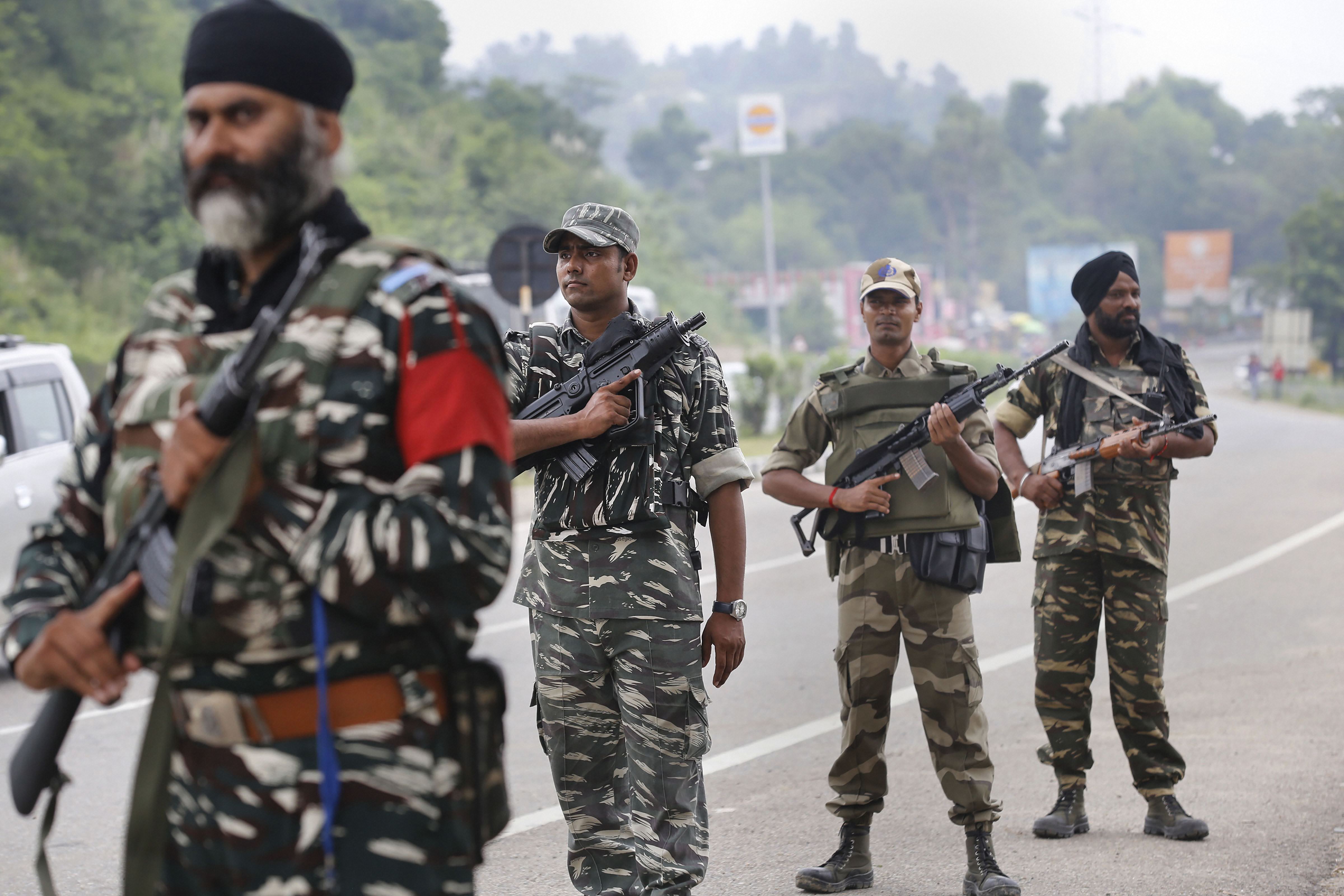
Police, law and order to be under Centre's control in new Union Territory of J&K

According to the Jammu and Kashmir Reorganisation Act, 2019, the Centre will be in direct control of the police and law and order in Jammu and Kashmir when it becomes a Union Territory on Thursday (October 30).
The Act also states that the land will be under the control of the elected government in the state.
The Act says that the Legislative Assembly of the UT of Jammu and Kashmir may make laws for the whole or any part of the union territory with respect to any of the matters enumerated in the state list of the Constitution. The exceptions to this rule are the subjects mentioned in entries one and two — public order and police respectively — or the Concurrent List in the Seventh Schedule of the Constitution.
This is unlike the administration in Delhi where the Lieutenant Governor (LG) exercises control through the Delhi Development Authority (DDA), a central government entity. Police, and law and order in Delhi and Puducherry, both of which have their own legislative assembly, is controlled by the Centre through the LG.
Also read: Normal life continues to be hit in Kashmir for the 73rd consecutive day
All India Services like the Indian Administrative Service (IAS) and the Indian Police Service (IPS), and the Anti-Corruption Bureau (ACB) will be under the control of the LG and not the elected government of the UT of Jammu and Kashmir.
The All India Services and the ACB have been among the key reasons for frequent tussles between the Arvind Kejriwal-led Delhi government and the Lieutenant Governor.
According to the Act, the land and the rights in or over it will be with the elected government of the Union Territory (UT) of Jammu and Kashmir. Land revenue, including the assessment and collection, maintenance of land records, survey for revenue purposes and records of rights, and alienation of revenues will also come under the purview of the elected government of UT of Jammu and Kashmir.
Police, law and order, and land in the UT of Ladakh will be under the direct control of its LG, through whom the Centre will administer the high-altitude region. According to the Act, Ladakh will not have a legislative assembly.
Also read: 85 days since Article 370 move, Kashmir businesses suffer ₹10,000 crore hit
On and from the appointed day, i.e. October 31, when the two new UTs will come into existence, the High Court of Jammu and Kashmir shall be the common high court for the UTs of Jammu and Kashmir, and Ladakh. The judges of the high court of Jammu and Kashmir will become the judges of the common high court from Thursday.
The Act also states that the cadres of the IAS and IPS for the existing state of Jammu and Kashmir, on and from the appointed day, shall continue to function on the existing cadres. However, in the future, the All India Service officers to be posted to UTs of Jammu and Kashmir or Ladakh shall be borne on the Arunachal Pradesh, Goa, Mizoram and Union Territory cadre, more popularly known as UT cadre.
The total strength of the UT of Jammu and Kashmir assembly is 107 elected MLAs, which will be increased to 114 after delimitation. Twenty-four seats of the Assembly will continue to remain vacant as they fall under Pakistan-occupied Kashmir (PoK).
(With inputs from agencies)


